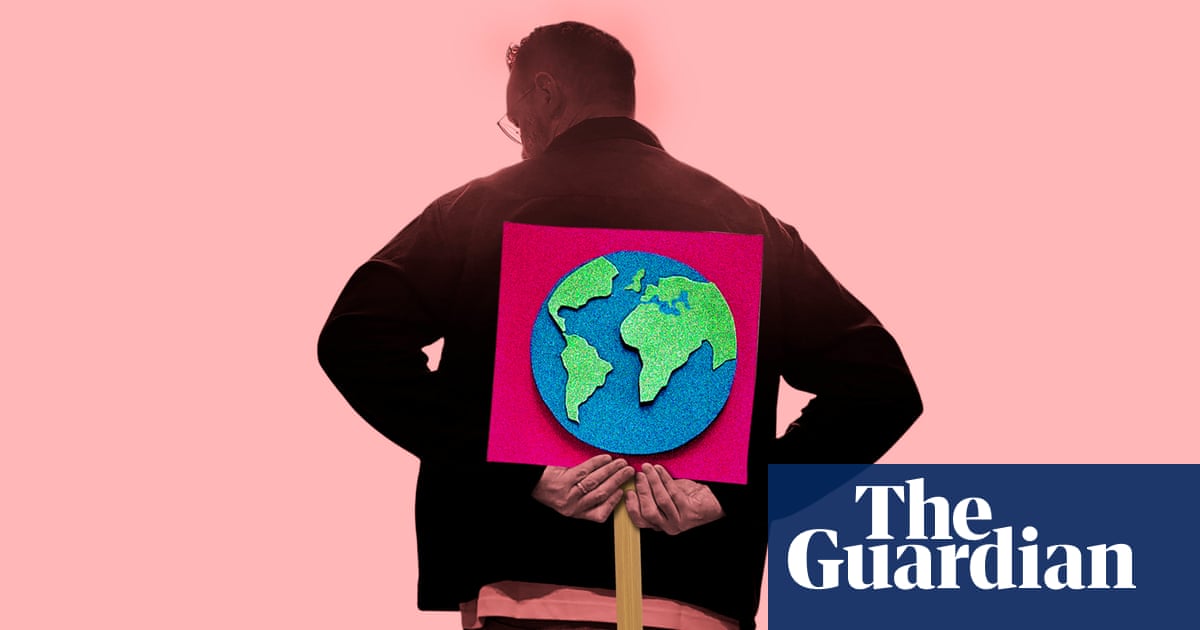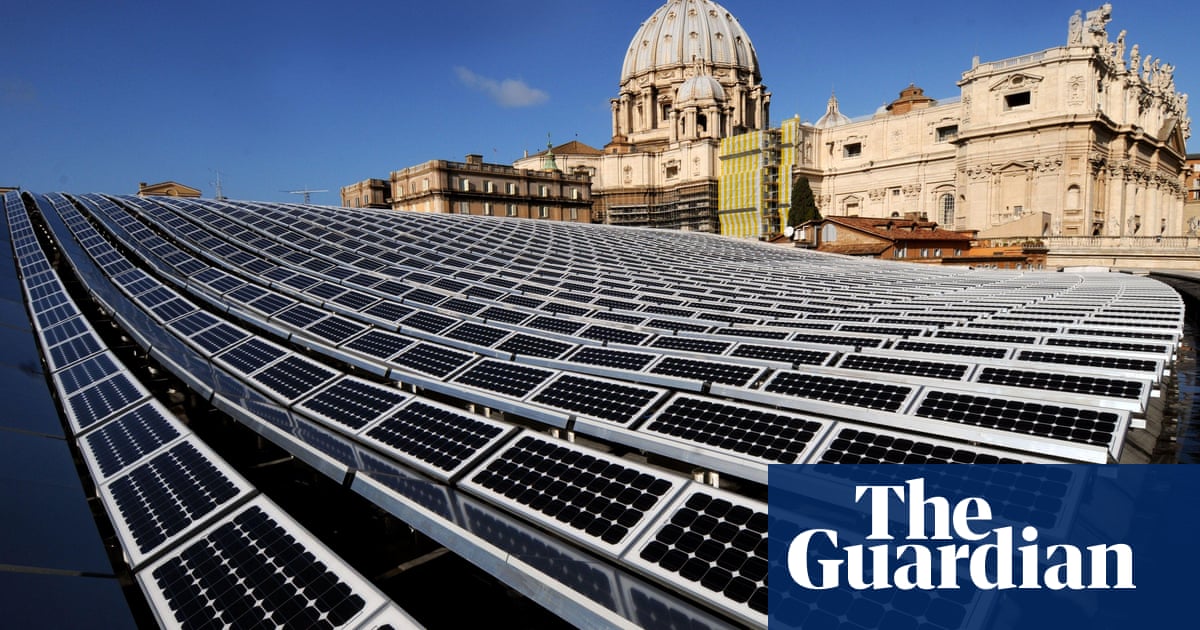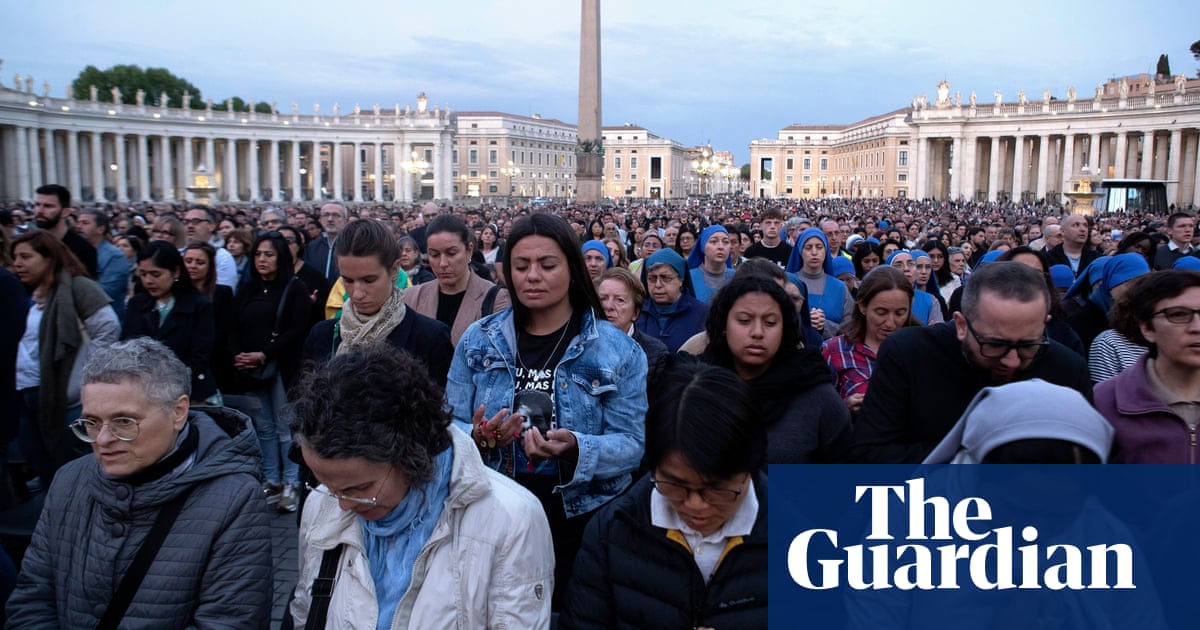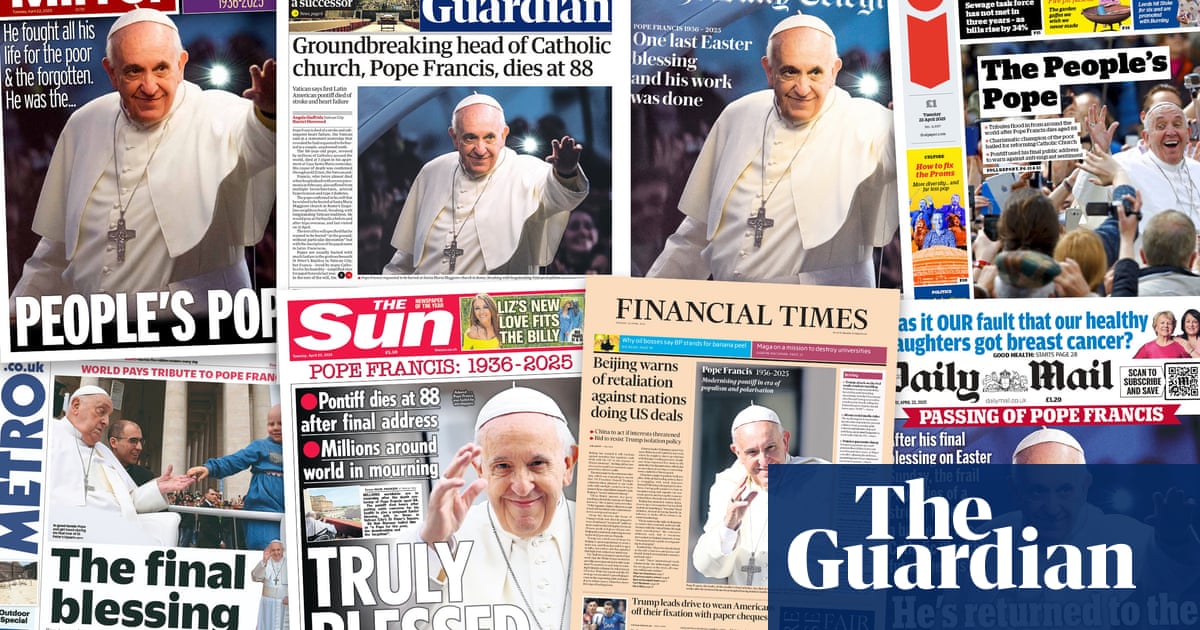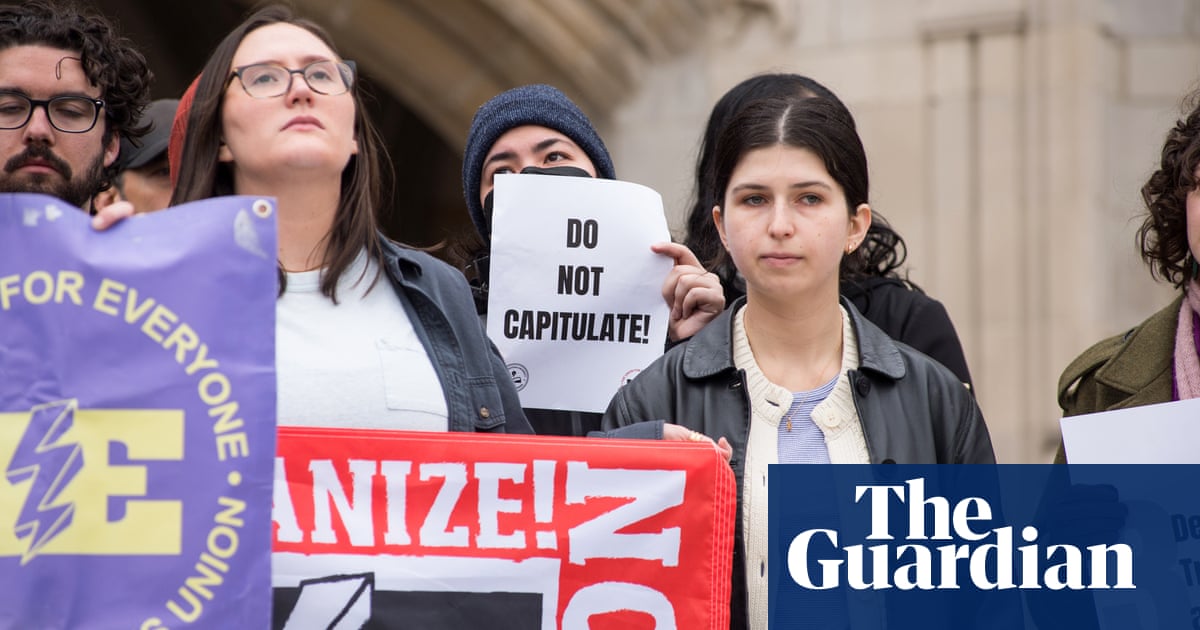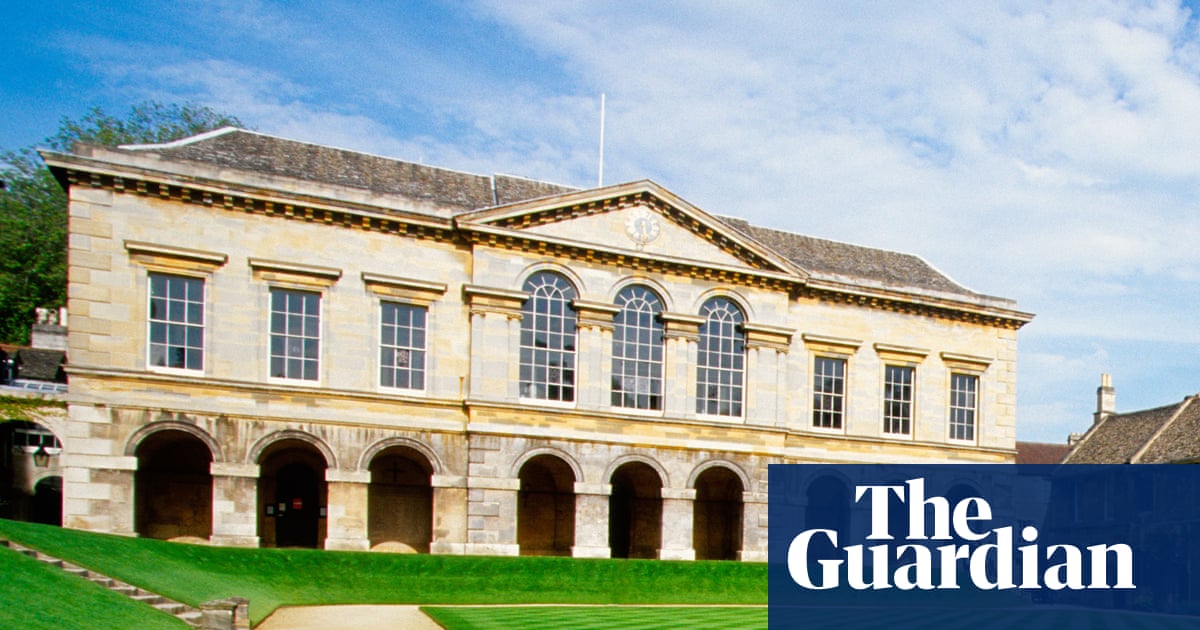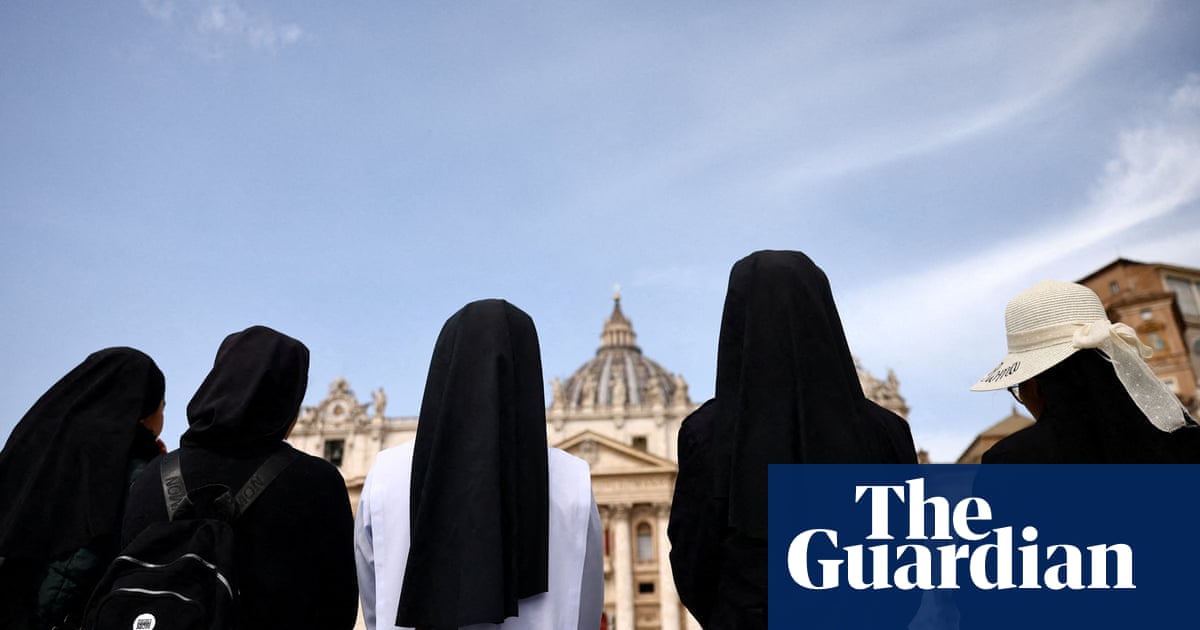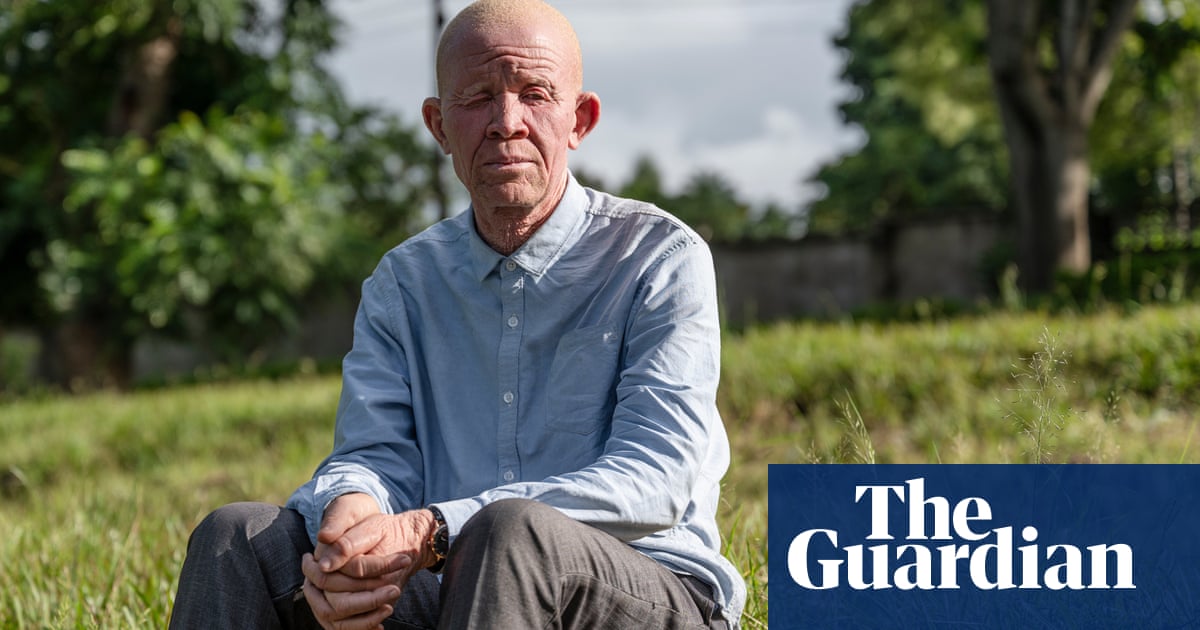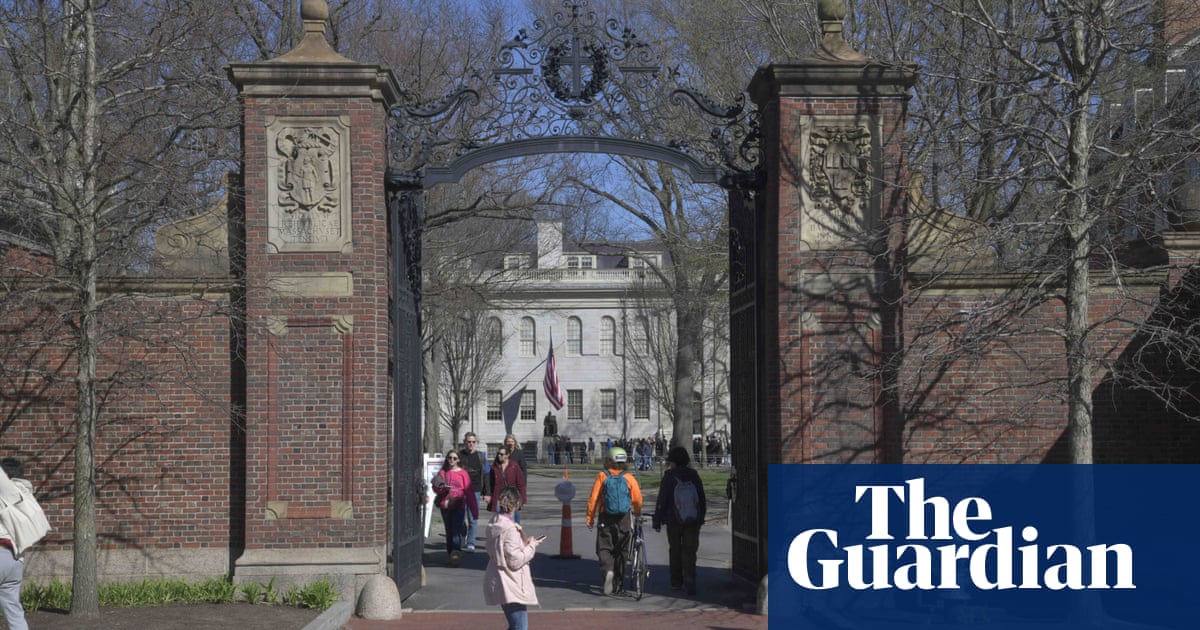Twenty years ago, someone calling the United States an oligarchy would have been labelled a crazy commie or, at best, cuckoo. Now Biden made it central to his goodbye to the American people – and warned of a tech-industrial complex to boot.
It is a salutary recognition that, especially since the US supreme court started to open the floodgates of dark money in politics, wealthy individuals face few obstacles in purchasing political power. But now oligarchs like Musk put themselves at the center of political campaigns and aspire to govern. That new visibility – evidenced by the tech leaders seated in front of Trump’s cabinet at the inauguration – could also make oligarchs more politically vulnerable.
“Oligarch” is not just a swearword for the uber-rich or a synonym for “elites,” nor does it just signify rule by the few. If the latter were true, all representative democracies would have to count as oligarchies, since members of Congress undoubtedly have more political power than the rest of us. Rather, Aristotle – to whom we owe the designations of different regimes – understood oligarchy as rule by the wealthy (conversely, democracy meant rule by the poor).
Jeffrey Winters, the most astute social scientist studying the phenomenon today, observes that the politics of oligarchs can take very different shapes – they are not all necessarily conservative – but that they always have one interest in common: protecting their wealth. Historically, that could mean employing a private army; it can also translate into subservience to a despot, who rewards loyalty with at least some security (think Putin). In democracies, it means outsourcing the protection of property to the state, while making sure majorities do not get funny ideas about high tax rates.
Winters shows that the real division is not the 1% versus the rest; rather, the crucial line runs between what wealth managers dismiss as the merely “mass affluent” and oligarchs who can pay for the services of what Winters calls the income defense industry. Even high-earning professionals cannot afford the lawyers and accountants it takes to create shelter companies and move money to tax havens; those who can – the top 1/10th of the 1% – end up owing fewer taxes than their secretaries (to pick up Warren Buffett’s famous example). Musk apparently paid 3.4% federal income tax between 2014 and 2018.
The wealth defense industry is discreet; part of what the offshore world offers oligarchs is secrecy. As the sociologist Brooke Harrington has observed, some of the wealthy even pay professionals in order not to appear on the Forbes list. At the same time, oligarchs have a clear interest in shaping public opinion. In an age when “legacy media” are struggling financially, it has become much cheaper to buy newspapers or TV channels, as Berlusconi and the entrepreneur Vincent Bolloré, a major supporter of the far right in France, have done. Social media platforms are a bit more pricey, but their global reach also offers unique possibilities for influencing politics in many different countries – as the obsessive poster Musk is demonstrating almost every hour of the day and night.
It remains unusual, though, for oligarchs to grab the levers of the state themselves – unless, as with Berlusconi, entering politics appears the only means to avoid prison. Of Trump’s political appointees, 26 have fortunes that exceed $100m; 12 are billionaires. His is the richest cabinet in the nation’s history. Plus, there is the world’s wealthiest person in a largely undefined, and completely unaccountable role as promoting “government efficiency”.
That strange mixture of visibility and invisibility creates vulnerability. There are the conflicts of interests and the scandals that will result from plundering the state (though, as of now, both Democrats and the public at large simply appear resigned to kleptocracy on an unprecedented scale); Musk’s grand promises of “efficiency” might remain unfulfilled; the conspiracy theories and sheer petulance of newly Trumpist oligarchs like Mark Andreessen – whining that the Biden administration had unleashed “terrorism” on the tech industry – dents the image of the Silicon Valley geniuses always ready with a solution for humanity’s problems.
Can oligarchs be shamed? Winters is pessimistic that anything short of wars or economic catastrophes like the Great Depression effects fundamental change. In principle, laws can prevent the concentration of power: Italian jurists tried to limit the number of TV channels Berlusconi could control; the ancient Greeks used ostracism to eject anyone who had too much power form the polity (even if there was nothing wrong with their individual character). In our time, the political theorist John P McCormick, picking up on Machiavelli’s teachings, suggests that only the threat of popular trials, with a possible death penalty, can make the wealthy refrain from misdeeds.
In the end, the best bet remains countervailing power: strong organizations, be it trade unions or civil society associations and, lest we forget, democratic politics: FDR, who also did not shy away from the o-word, did not automatically have a mandate to go after concentrated power because of the Great Depression; he claimed and constructed it. Having oligarchs become visible, as they jump up and down next to the president, helps with this.
-
Jan-Werner Müller is a professor of politics at Princeton University.

.png) 2 months ago
27
2 months ago
27




